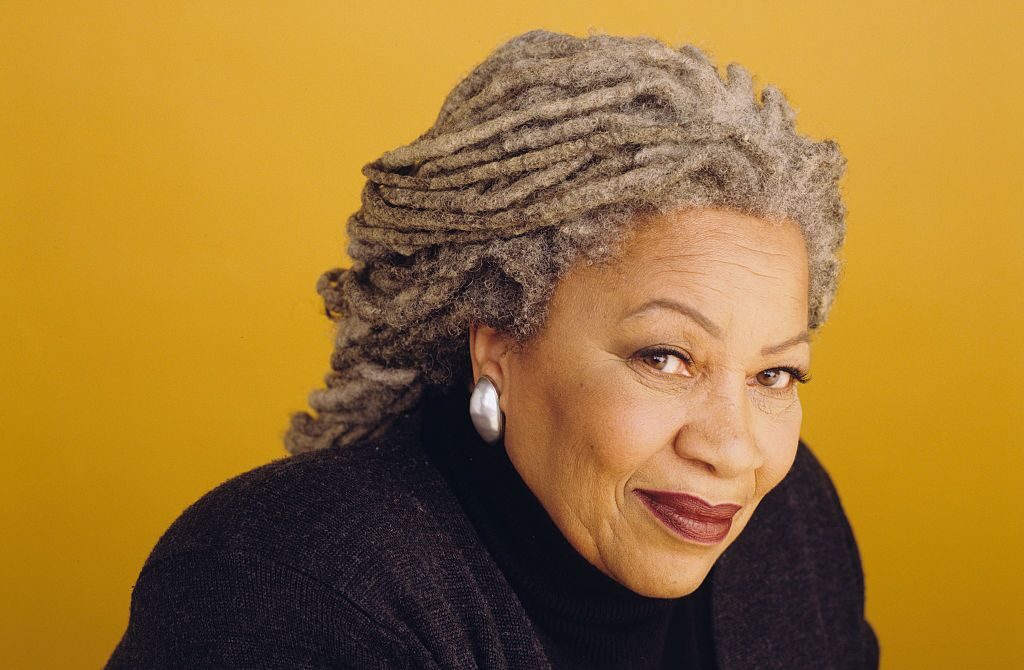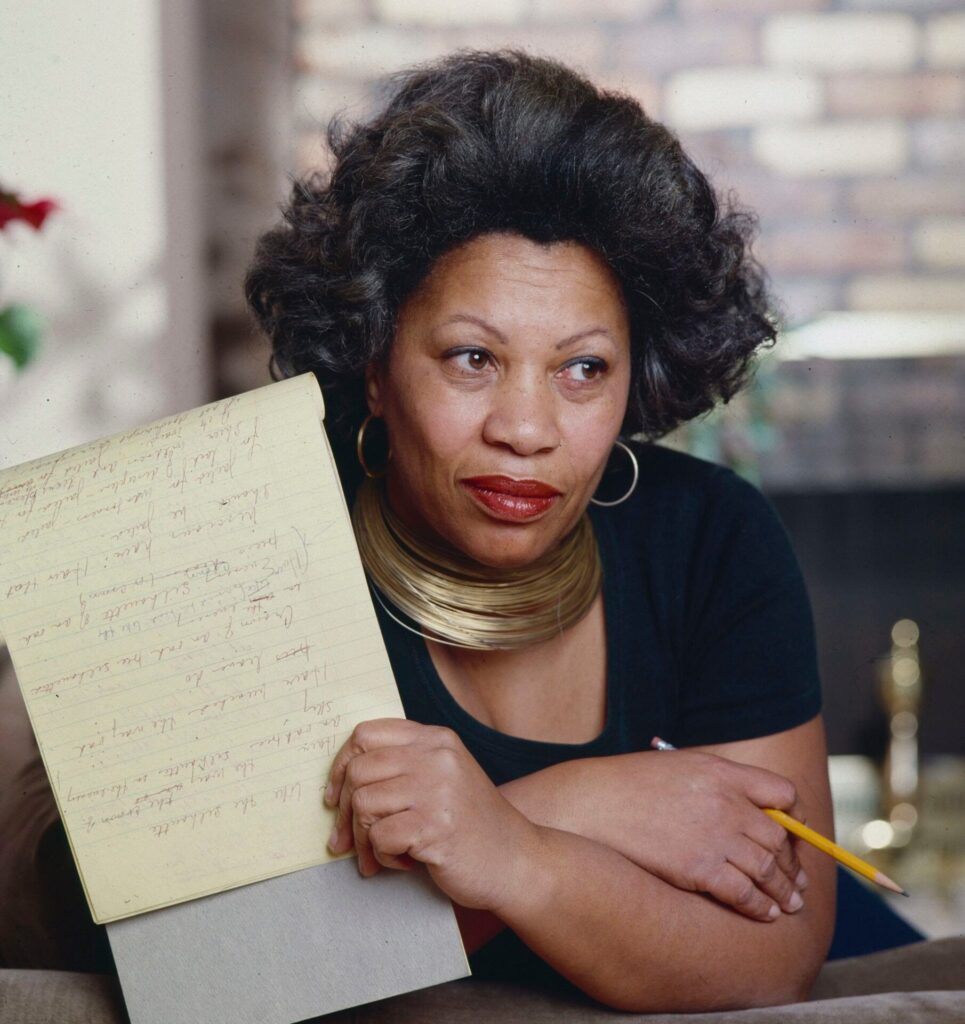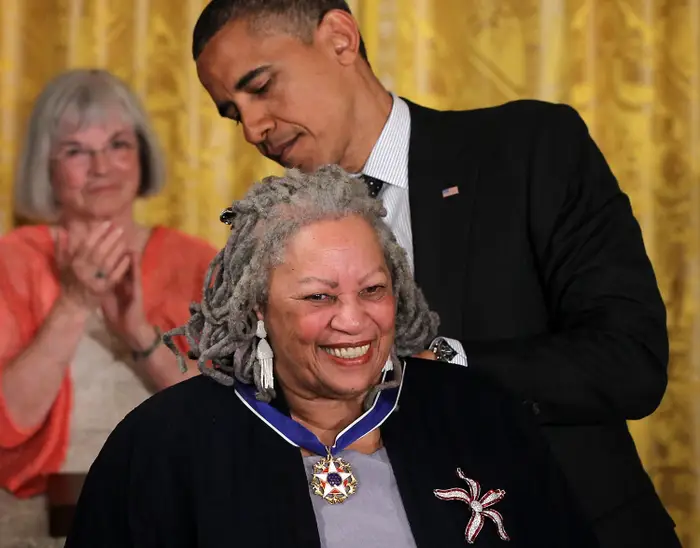Toni Morrison is a literary icon who has reshaped the landscape of not only African-American literature but the literature of the entire world. From her early works to her revolutionary ideas on writing, Morrison constantly challenged the status quo and slowly became a symbol of empowerment that hasn’t changed ever since. Through her powerful words, she sought to eliminate the dominance of the “white gaze” in literature and elevate the voices of Black people she “wanted to speak to, and to be among.”

Morrison’s early works faced criticism for being “limiting” by focusing solely on Black experiences. However, she vehemently rejected the notion that White people should define the narrative. She believed that Black experiences did not need validation through the presence of White characters nor were her books written for the White characters, challenging the conventional literary norms (till this day).
Morrison’s words possessed an undeniable power, something she learned about as a child. It became even more evident to her when her book was banned from a Texas prison. The authorities feared that her work could incite a riot within as her novels became the vessels of freedom. She wrote with “depth, meaning, knowledge, and information,” allowing readers to explore new perspectives and contemplate the complexities of the human experiences, especially the experiences of Black people (mainly Black women and girls).

She started her writing career late, and before that she was a teacher and an editor. Through her versatile career, Morrison showcased the rich history of Black people and transformed it into literary art. Her time as a writer aligned with the Black Power Movement, that was inspiring to Morrison as she understood the importance of preserving and amplifying the voices of the people contributing to a drastic societal change. And thus, she became the editor of Angela Davis’s and Muhammad Ali’s books.

Overall, Toni Morrison’s contributions to literature were nothing short of groundbreaking. With a determination to challenge conventions, she unleashed the power of words and changed the literature forever. Her legacy continues to inspire and empower generations, reminding us of the transformative potential of storytelling and the importance of diverse voices in shaping our world.
Toni Morrison died in August 2019. We will always remember this powerful and remarkable “Black woman.”


